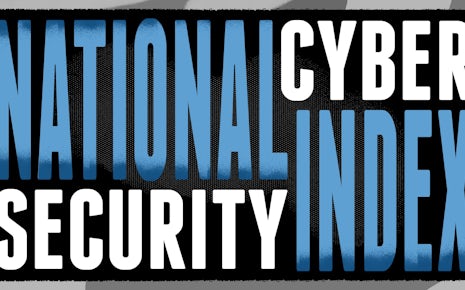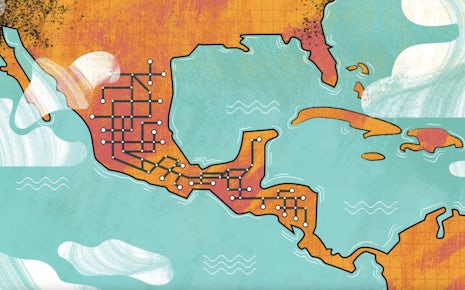The challenge
The World Bank forecasts that Sub-Saharan Africa, due to its young population and human and natural resources, has potential to yield inclusive growth and wipe out poverty in the region. The analysis stresses that with the world’s largest free trade area and a 1.2 billion-person market, the continent is creating ‘an entirely new development path, harnessing the potential of its resources and people’. Part of this growth is in Africa’s dynamic digital economy.
These positive trends, however, are undermined by two major challenges: the evolving threat landscape and inadequate levels of cybersecurity across the continent. In 2016, the African Union Commission in collaboration with Symantec released a comprehensive study on the state of cybersecurity and key threats across the continent. The report found that of 54 countries in Africa, 30 lacked specific legal provisions to fight cybercrime and utilise electronic evidence.
It is estimated that cybercrime cost Africa a total of 3.5 billion USD in 2017, primarily due to weak infrastructure security, lack of skilled human capital and lack of awareness of the sector’s dynamics. The sectors in which cybercrime is predominantly active are banking/financial services, government, e-commerce platforms, mobile payments and telecommunications.
At the same time, a survey carried out by the African Union Commission revealed a still limited understanding of the connection between cybersecurity and development, which results in limited resources and inadequate political attention to the problem. According to the survey, out of the 55 African states, only eight have a national strategy on cybersecurity, 13 have a Computer Emergency Response Team (CERT) or Computer Security Incident Response Teams (CSIRTs), 14 have personal data protection laws, and only 11 have cybercrime laws. As researchers stress, there are still many challenges to be addressed.




